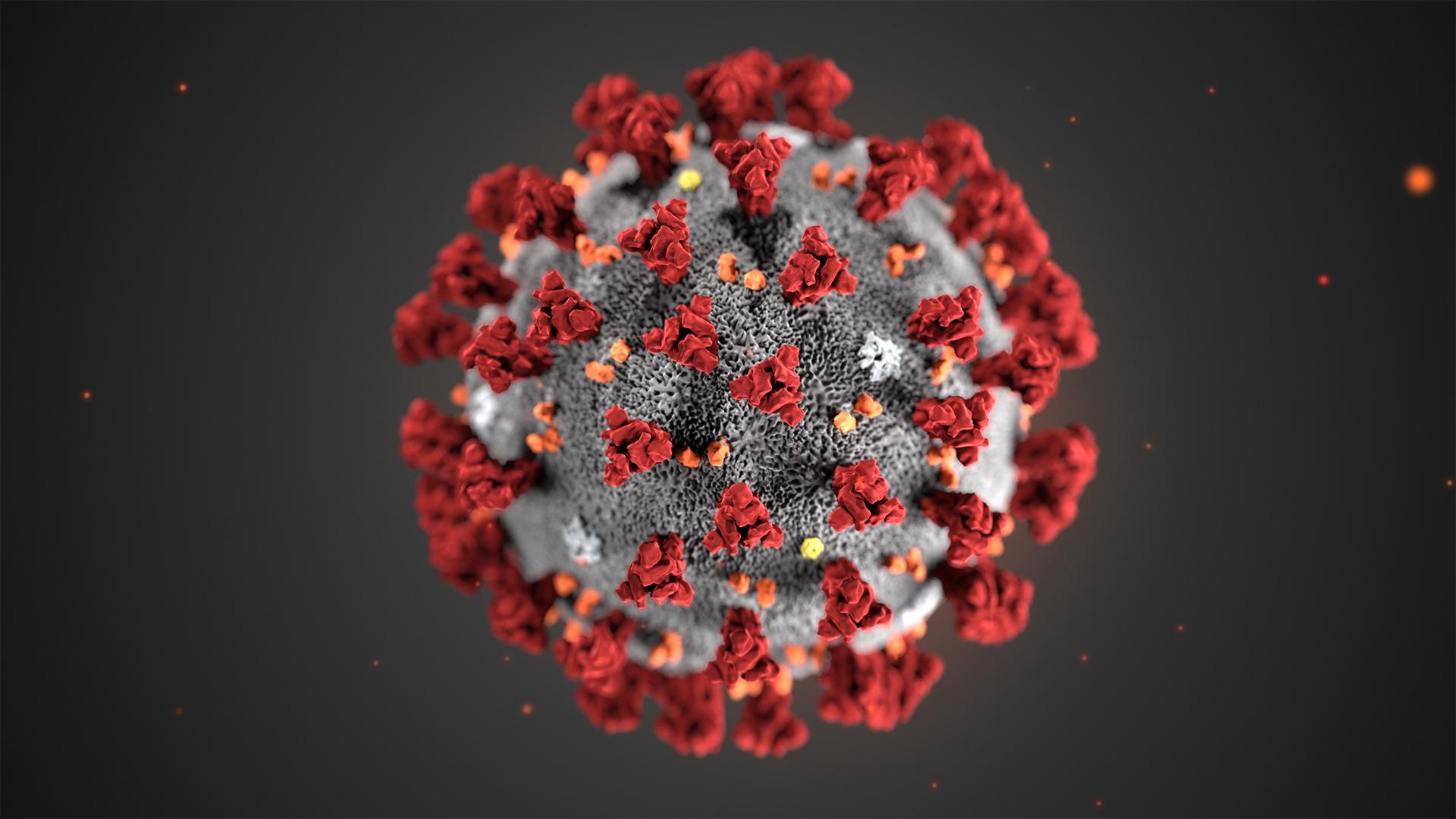Over the last week, the spread of COVID-19 has drastically altered the lives of the McGill community. As we enter the second week of the university’s comprehensive shutdown, the McGill administration has consistently communicated about how to slow the disease’s spread. In addition to cancelling all in-person instruction for the remainder of the semester to reduce personal contact, the university has also emphasized practicing social distancing. Social distancing involves staying in one’s home as much as possible, refraining from interacting unnecessarily with other people, and maintaining a significant physical distance when interaction is necessary. While many students and members of the community seem to be willing to practice social distancing, even if it means not seeing close friends during a particularly stressful period, some young people in North America are taking health professionals’ warnings less seriously. Members of the McGill community, especially students, have a moral responsibility to engage in social distancing, not only to protect the health of themselves and those immediately around them, but also in order to avoid contributing to an unprecedented global health crisis.
Some young people view the more extreme preventive measures taken by governments and communities as alarmist, and believe that the coronavirus should be treated as more of a temporary concern than a serious threat. This is largely due to the fact that young people, while just as likely to contract the disease, are less likely to experience serious health consequences as a result of infection. However, the effects of COVID-19 on younger individuals’ health should not be underestimated. New Center for Disease Control data shows that 40 per cent of individuals who were sick enough to be hospitalized for Coronavirus in the US are aged 20-54. Further, nonchalant attitudes toward social distancing misunderstand its purpose. The aim of such precautions is to “flatten the curve” of the disease’s spread. This phrase refers to taking precautions that slow the spread of the disease in order to avoid an unmanageable peak of affected individuals, which would overwhelm healthcare systems. The fewer individuals who become sick, the less strain there is on hospitals and clinics everywhere, allowing for doctors, nurses, and other healthcare professionals to treat those who are sick effectively and efficiently.
Despite world governments’ precautions, , the coronavirus has continued to spread exponentially. The high rate of infection, combined with the fact that individuals can carry the disease without presenting symptoms, means that it is extremely easy to pass the disease to dozens or even hundreds of people without knowing it. Social distancing not only prevents the disease from becoming more widespread and overwhelming the healthcare infrastructure, but also prevents oneself from being the link between someone who would survive the coronavirus and a potentially immunocompromised person who may not. Thus, the moral responsibility to engage in social distancing is twofold: It is required to counter the Coronavirus as a public health and social welfare issue, but also to safeguard those specific individuals who are particularly vulnerable to the virus.
Social distancing is not an easy thing to do. Self-isolation and quarantine can have serious effects on one’s mental health; however, mental health should not be used as an excuse for putting the physical health of oneself or others at risk. During this time, it can be helpful to combat monotony with daily structure. Planning specific times during the day to eat, engage in mindful activities, and exercise, can help fend off depressive cycles. Further, technology provides a variety of ways to engage with others across physical distance, whether by videochat, FaceTime, messaging, or gaming. This is a crucial time to reach out to friends and family, to indulge in existing networks of support, and offer support to others even if that means doing so virtually or over the phone.
Finally, if you live in an apartment with roommates, from whom it is impossible to practice real social distancing, spending time with those already around you can be invaluable. Alternatively, if you have a roommate who is taking the Coronavirus less seriously and refusing to practice social distancing, thereby putting the health of others and yourself at risk, make sure that they understand the ramifications of their actions. Social distancing is about true collective action, and it can only be fully effective if everyone in the McGill community decides to take part. As the situation continues to evolve, it is crucial that we act in ways which are cooperative, smart, and compassionate. Effectively practicing social distancing demands that we do all three.
If you or someone you know is experiencing challenges with mental health, you can visit free online resources like 7cups.com where you can speak to someone trained in active listening. In addition, a mutual aid form has been organized by McGill students where you can request groceries, medicine, or other resources you may be unable to obtain while self-isolating.









